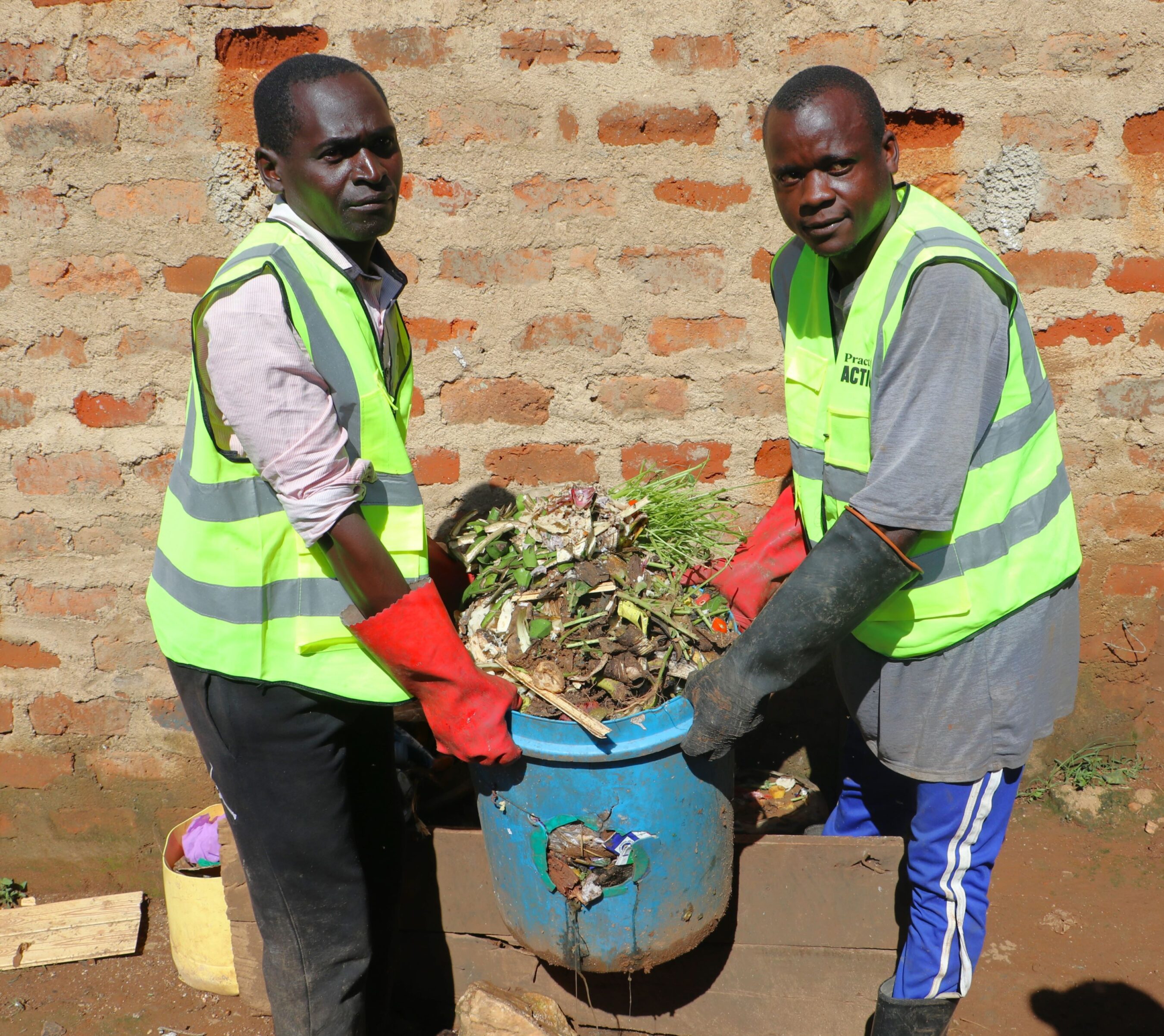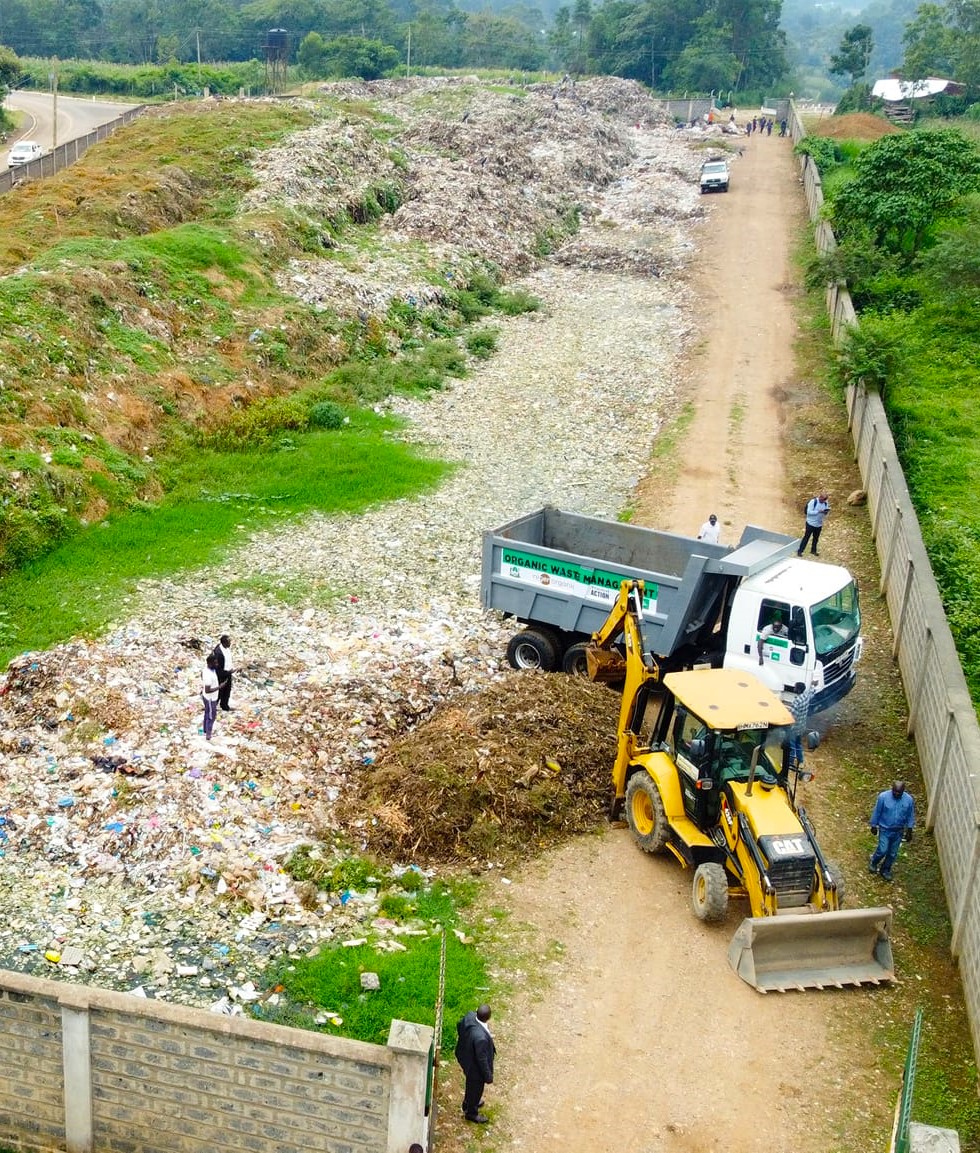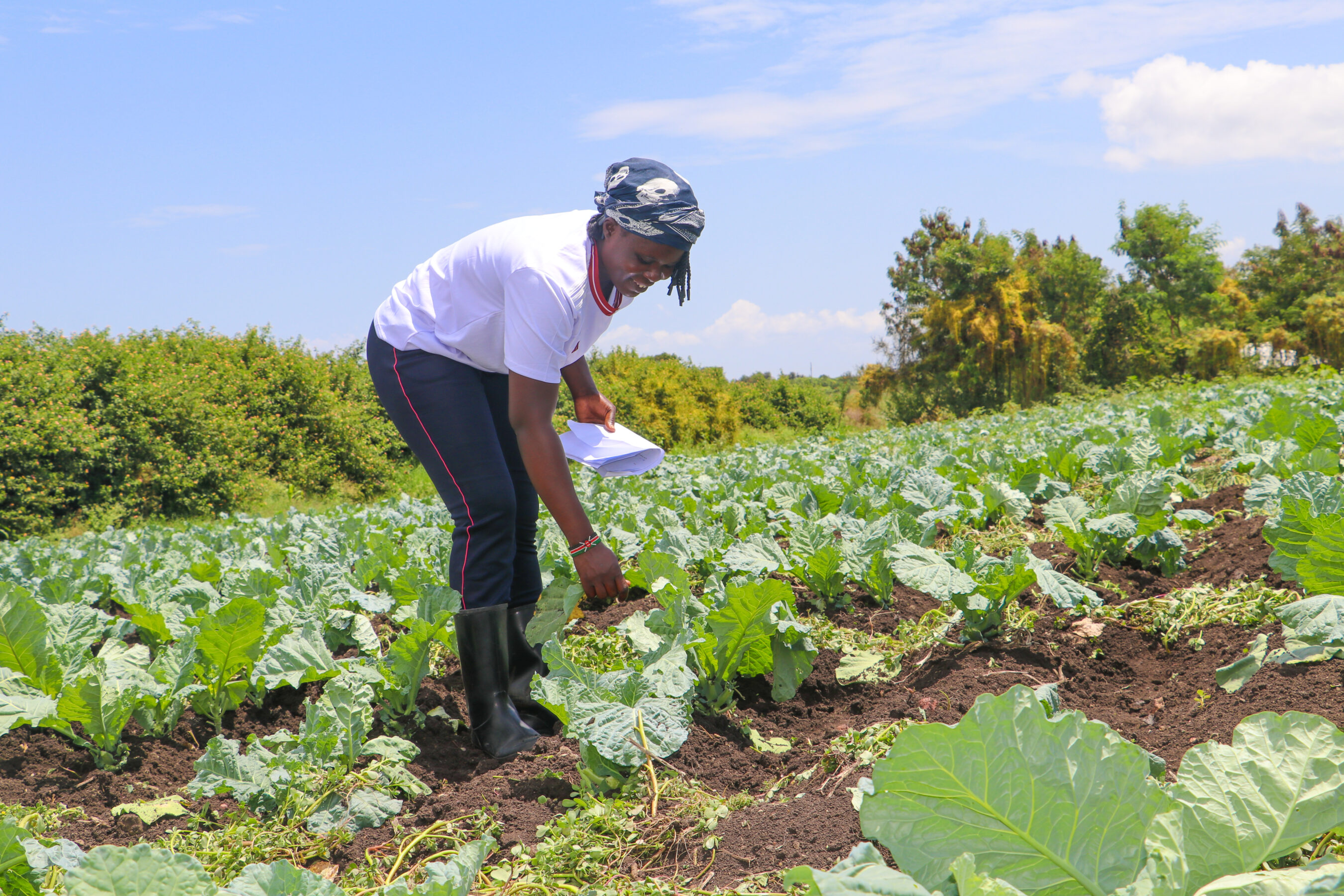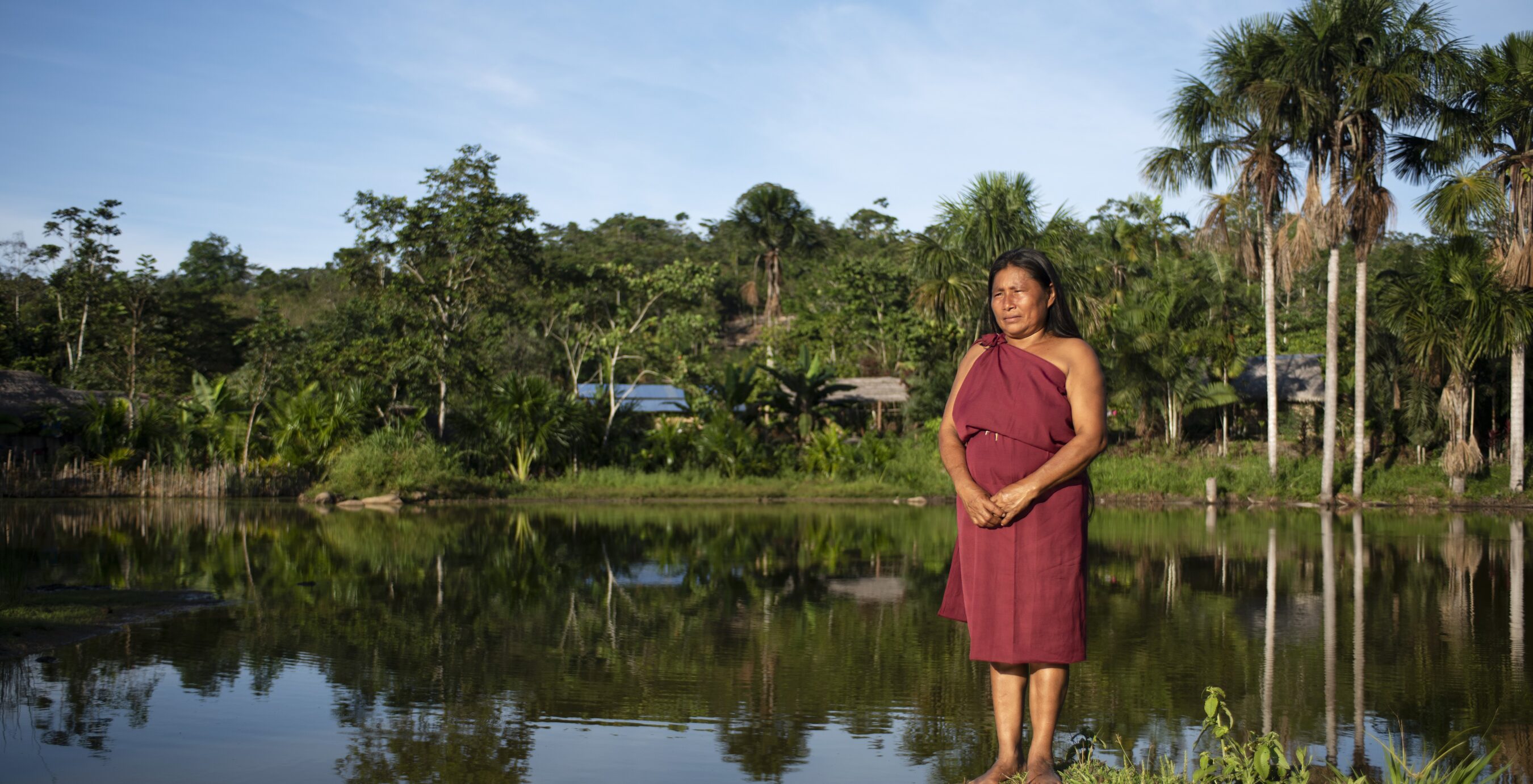Project Overview
Full title: Circular Economy for Household Organic Waste (CE4HOW) in Kenya
Dates: April 2024 to September 2028
Location: Kakamega Municipality in western Kenya.
Our role: In partnership with Regen Organics and the County Government, we’re supporting households and waste workers in Kakamega to ensure a steady supply of high-quality organic waste for processing—key to making this circular model viable. We’ll also lead advocacy efforts to create supportive policies and markets for waste management. Beyond implementation, we’ll document and share learnings to encourage replication across Kenya and beyond.
Participants: 48,600 residents of Kakamega (15,000 households), informal waste workers, smallholder farmers, private sector and policymakers.
Budget: USD 4.2 million (GBP 3.3 million)
Themes: WASH and waste, climate resilience, food systems
Funded by: Ministry of Foreign Affairs of Denmark via the Danida Green Business Partnerships








